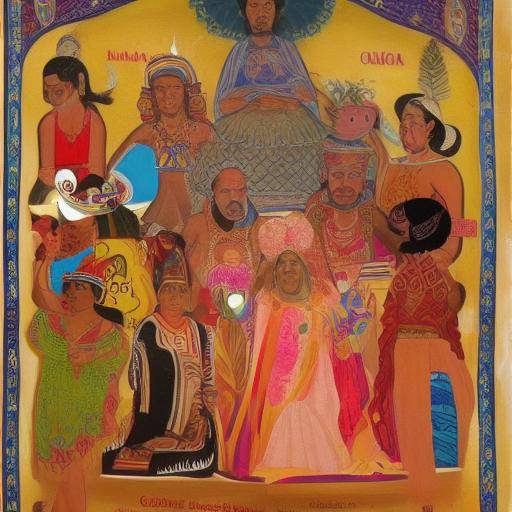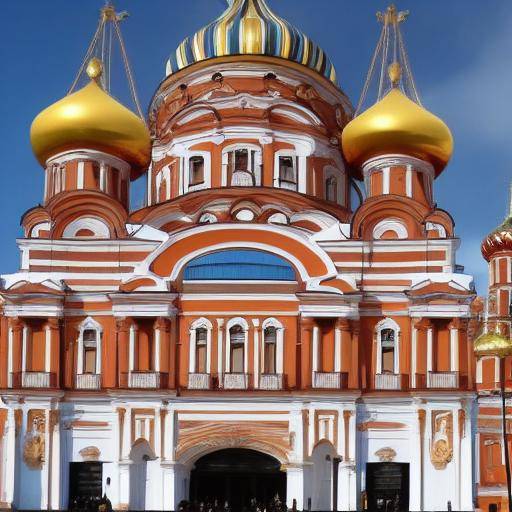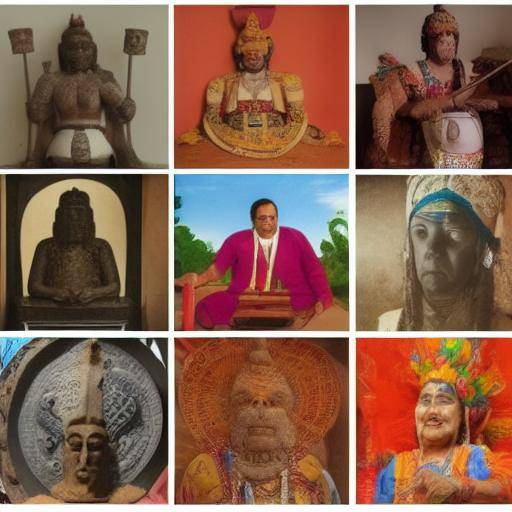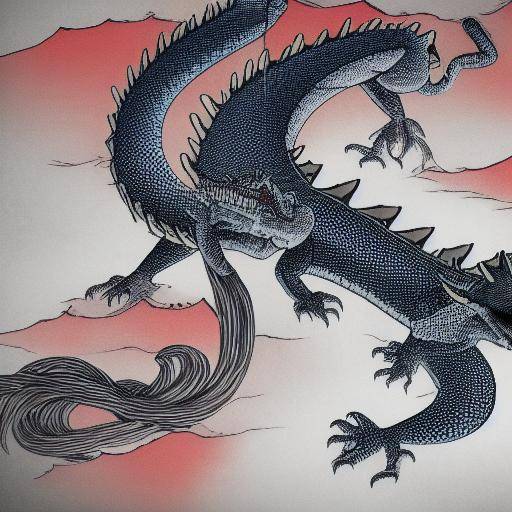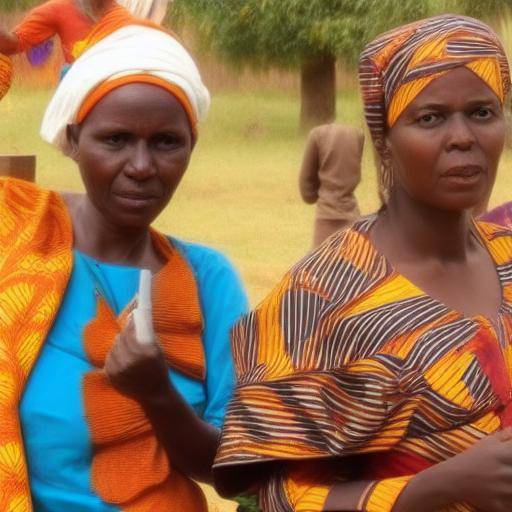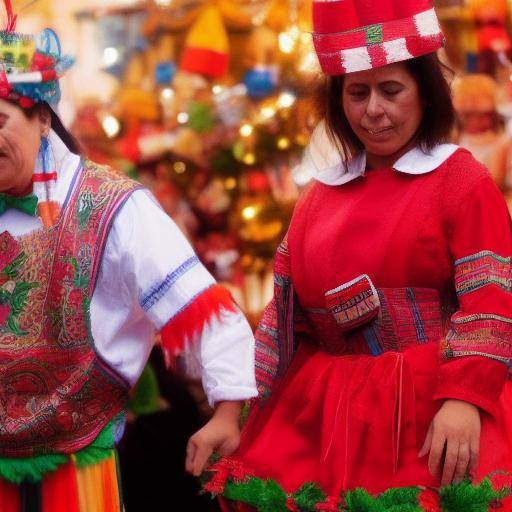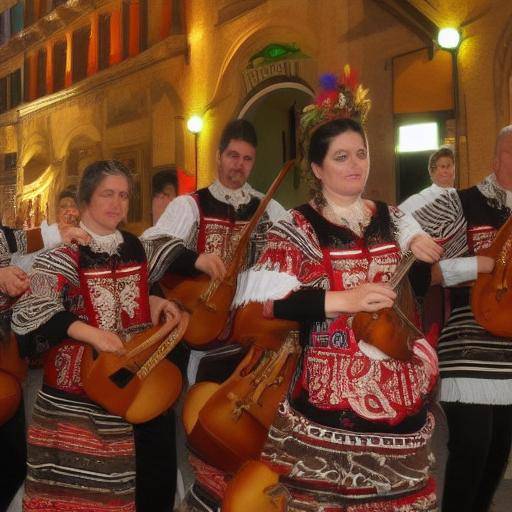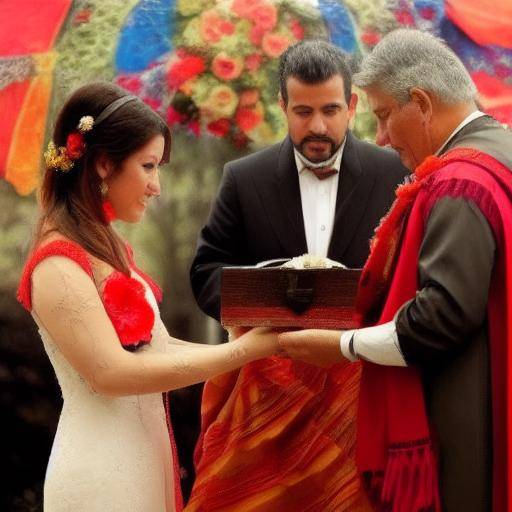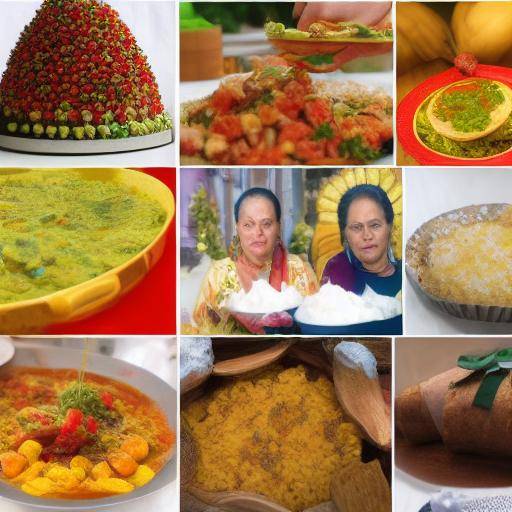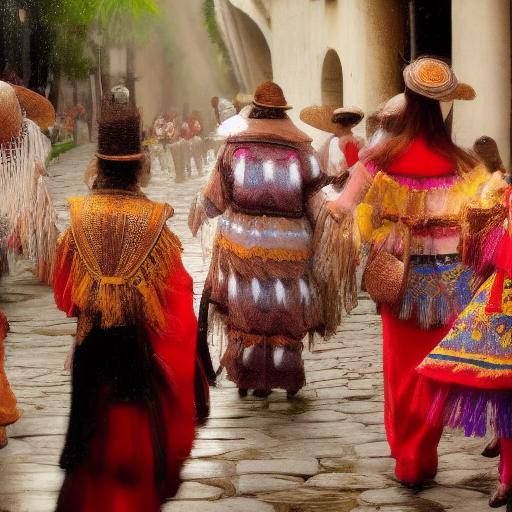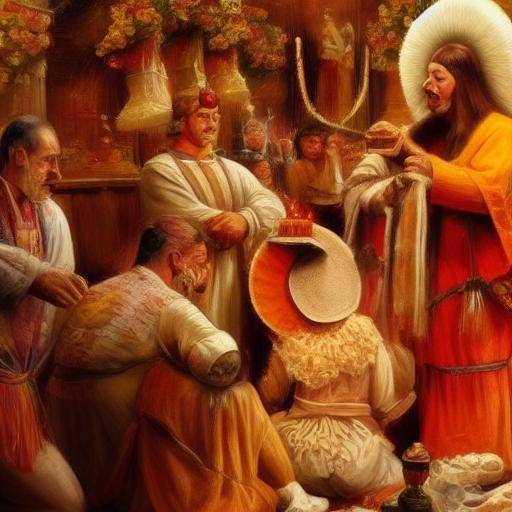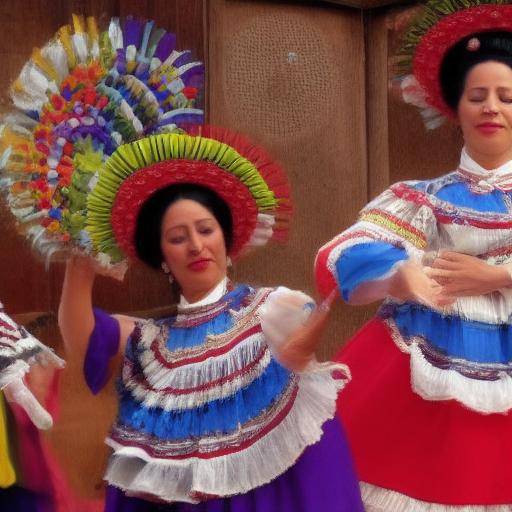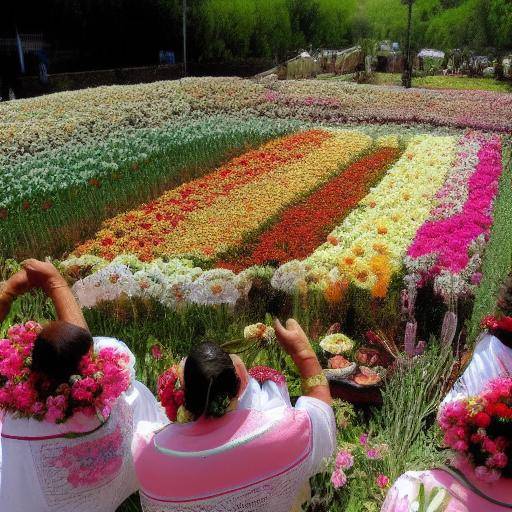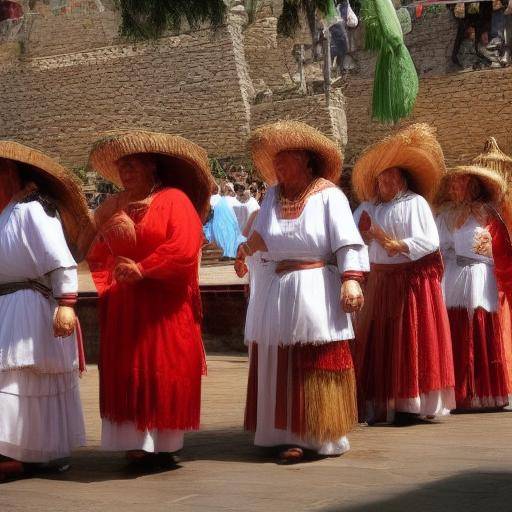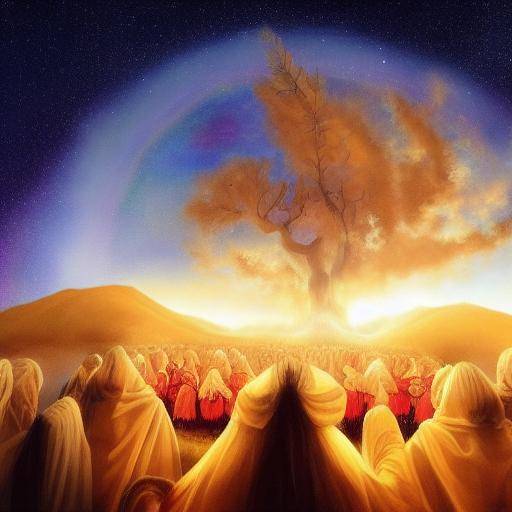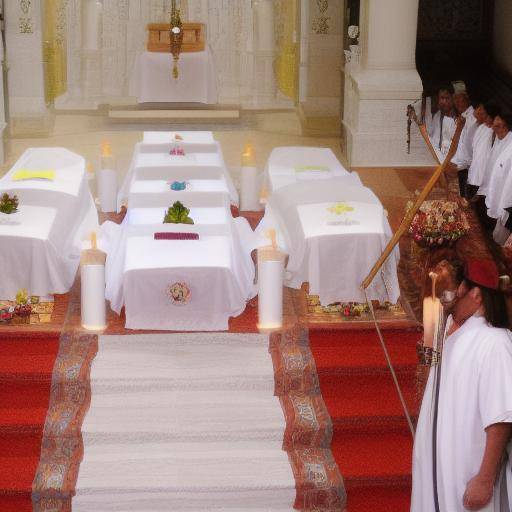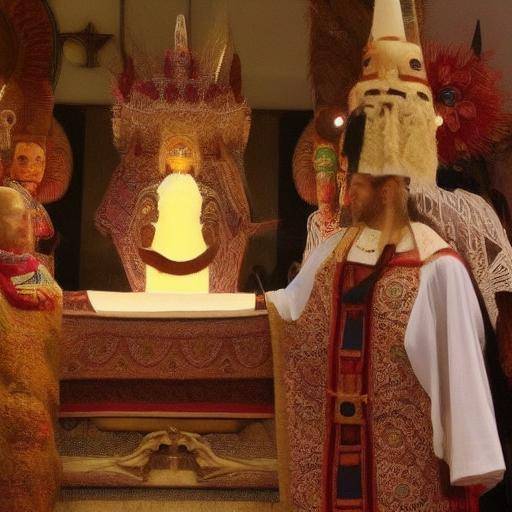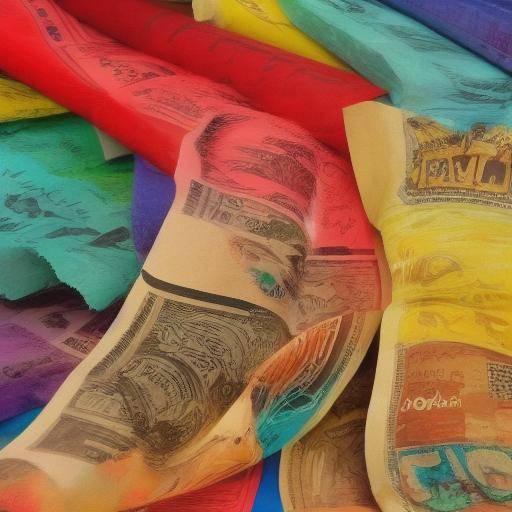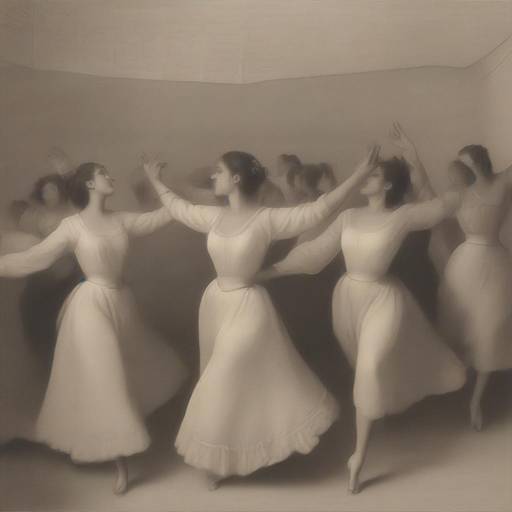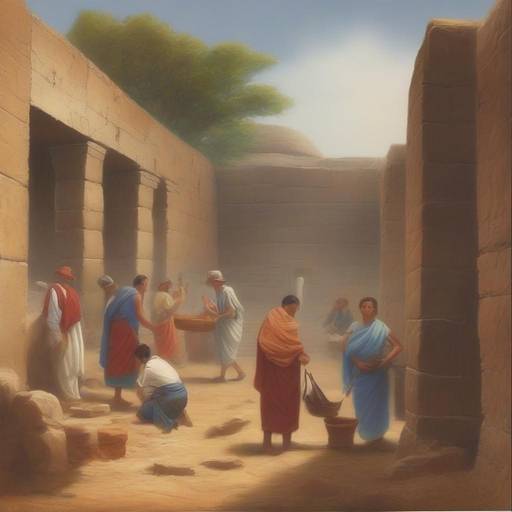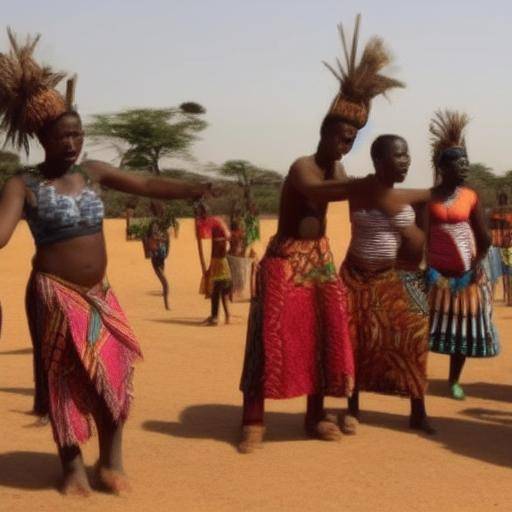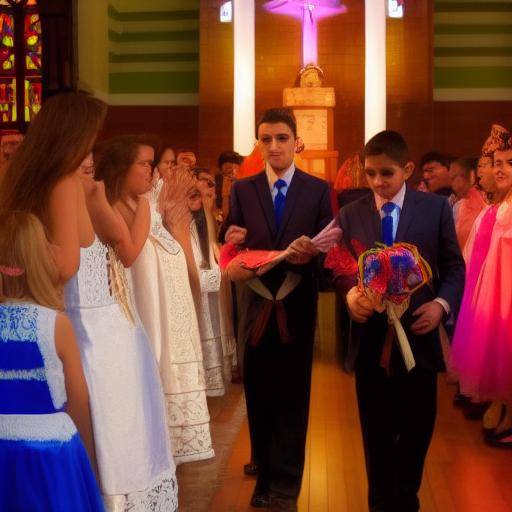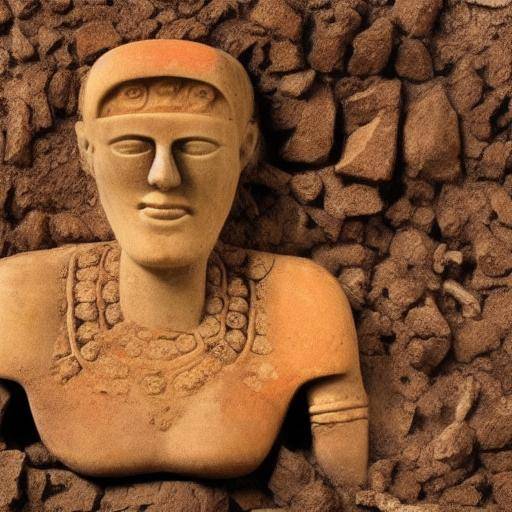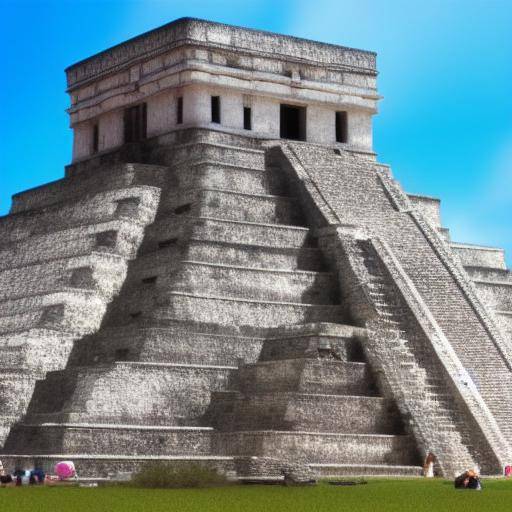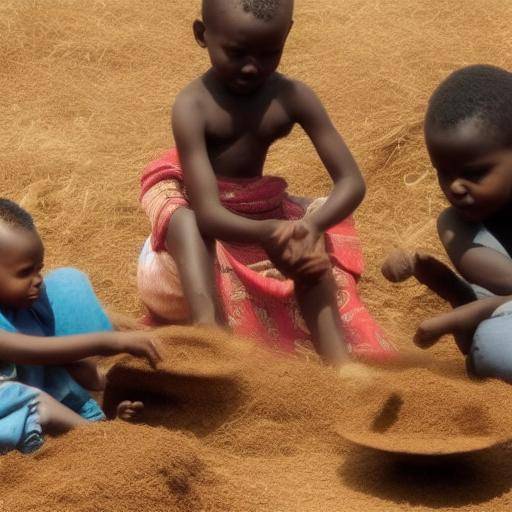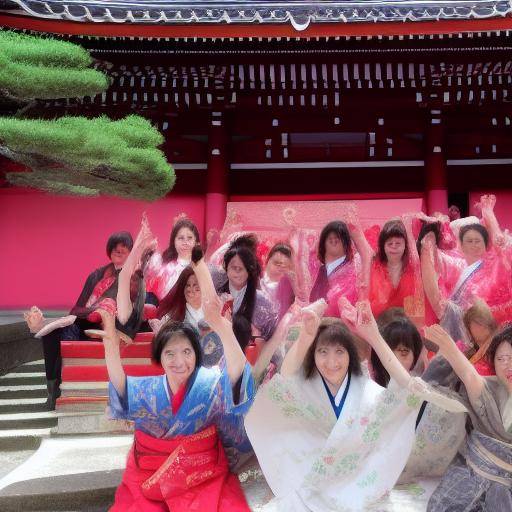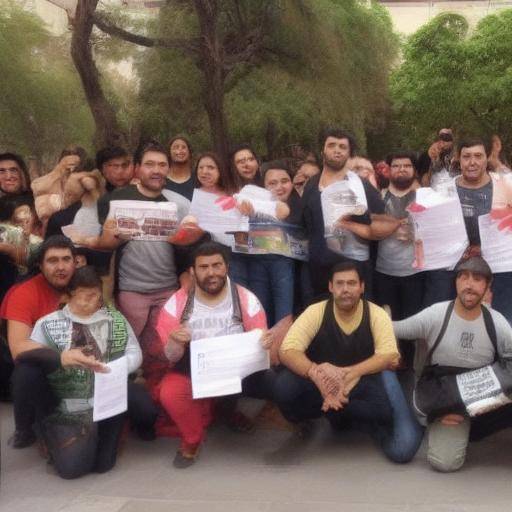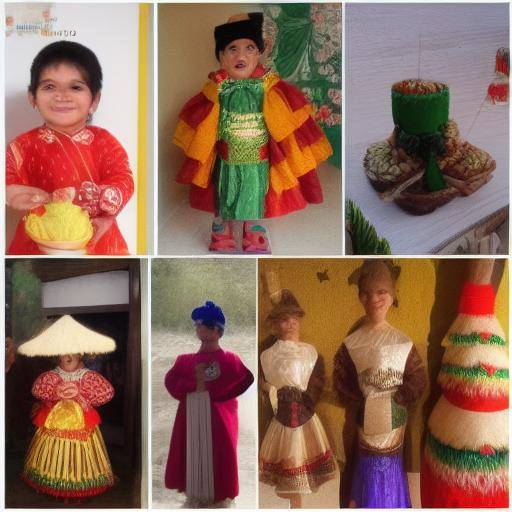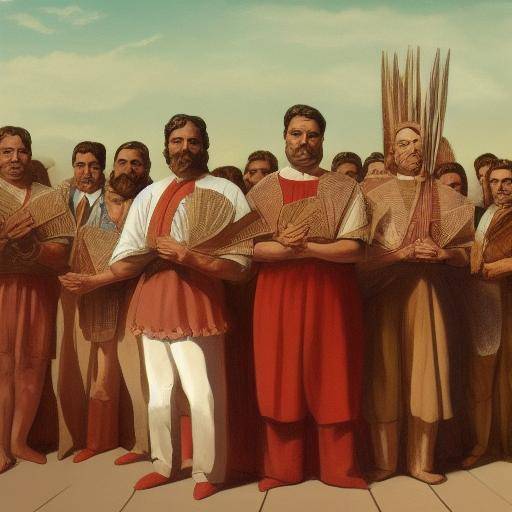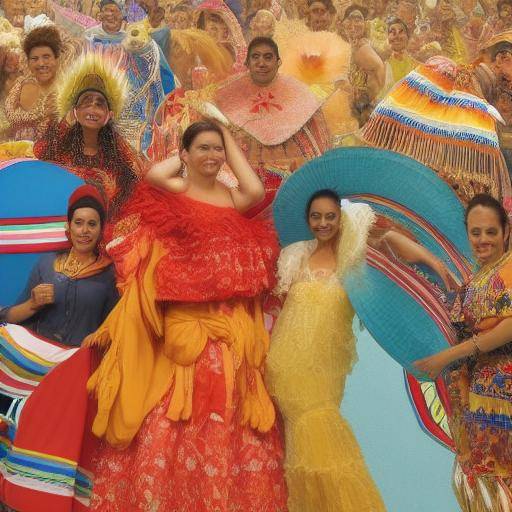
Introduction
The rites of initiation are ancestral practices that have played a crucial role in various cultures throughout history. These rituals mark important transitions in an individual's life, either from childhood to adulthood, or at key moments such as marriage or entry into a leadership position. In this article, we will explore in depth the meaning of the rites of initiation in different cultures, from their origins to their contemporary applications. We will discover how these rituals have evolved over time, their benefits and challenges, as well as their role in the formation of cultural identities. In addition, we will analyze how these rites can vary significantly in their manifestations and interpretations in different parts of the world, providing an enriching view of global cultural diversity.
History and Background
The rites of initiation go back to the older societies, where they served as tools to mark the transition of an individual from one state to another, whether from child to adult, from single to married, or from individual to full community member. These rituals had a profound cultural significance, symbolizing the acquisition of knowledge and skills necessary to assume roles and responsibilities within society. Throughout the centuries, the rites of initiation have evolved, adapting to the changing cultural and social realities. From the ancient mysteries of Eleusis to contemporary past rituals, these events have been fundamental in the formation of cultural identity.
In the anthropological context, initiation rites have been the subject of a meticulous study, revealing the importance of these practices in cultural cohesion and intergenerational transmission of knowledge. Cross-cutting patterns have been identified that underline the universality of initiation rites, as well as the diversity of their manifestations according to the cultural context. These rituals have been fundamental in building individual and collective identities, shaping the beliefs, values and behaviors of the societies in which they are carried out.
Analysis in Deep
The rites of initiation are not static, but evolve in response to sociocultural changes. In the modern era, these rituals have faced significant challenges due to globalization, the influence of new technologies and the decline in traditional practices. Despite these challenges, initiation rites continue to play a vital role in the formation of cultural identity and in the transmission of knowledge and traditions. These rituals provide a sense of belonging and connection to cultural roots, while fostering social cohesion and the sense of community.
A crucial aspect of the current analysis of initiation rites is its impact on the psychological and emotional well-being of individuals who experience them. Contemporary studies have shown that these rituals can have a significant effect on people's self-esteem, trust and resilience, providing a framework for transition and personal development. In addition, these rituals offer individuals the opportunity to internalize and experience cultural values and norms, strengthening their sense of identity and belonging.
Comprehensive review
The variety of rites of initiation throughout the world reveals the richness and diversity of cultural traditions. From the Australian aboriginal pass ceremonies to the manhood initiation rituals of African cultures, each rite is impregnated with symbolism and unique cultural significance. These rituals can play a crucial role in the preservation and transmission of ancestral customs, reinforcing intergenerational ties and promoting a greater understanding of the cultural identity of a community.
The comparative analysis of initiation rites in different cultures reveals both similarities and significant differences in their practices and meanings. While some rituals emphasize the value of courage and courage, others emphasize the connection with nature or ancestral knowledge. These variations reflect the complexities of human cultures and underline the importance of understanding cultural diversity in an increasingly interconnected world.
Practical Tips and Accessible Recommendations
If you are interested in exploring initiation rites in different cultures, consider the following:
- Investigate: Dedicates time to investigate the initiation rites of the cultures that interest you. There is a wealth of resources available, from books to documentaries, that can provide you with a deeper understanding of these practices.
- Talk to Experts: Find the guide of anthropologists, researchers or respected members of the communities that perform these rituals. Your knowledge and experiences will enrich your understanding.
- Participate Responsiblely: If you have the opportunity to witness a rite of initiation, do it respectfully and ethically. It respects local traditions and customs, and seeks opportunities to support communities in a meaningful way.
Industry Perspectives and Expert Reviews
Within the academic and research circles, initiation rites have been the subject of intense scrutiny, which has generated a rich body of specialized literature. Experts on anthropology, sociology, psychology and cultural studies provide a valuable interdisciplinary vision of these rituals, enriching our understanding of their meaning and function.
According to Dr. María Gómez, a cultural anthropologist, "The rites of initiation are essential for the intergenerational transmission of fundamental knowledge and values in a society. These rituals participate in the configuration of personal and cultural identity, and their preservation is crucial for global cultural diversity."
Case Studies and Practical Applications
A remarkable example of a contemporary rite of initiation is the "Walkabout" of the Australian aborigines, a ritual that guides young people through a desert journey to acquire traditional knowledge and survival skills. This rite not only serves as a method for transmitting essential knowledge, but also strengthens community ties and connecting with land.
Future Trends and Predictions
As the world continues to experience sociocultural changes, initiation rites are expected to evolve to adapt to these new realities. The preservation of these rituals faces significant challenges, but their importance in the transmission of cultural identities and fundamental values ensures their continuity. It is predicted that initiation rites will continue to play a crucial role in strengthening communities and in preserving cultural diversity.
Conclusion
In short, initiation rites are an integral part of human experience, playing a fundamental role in the transition of individuals from one state to another, and in the preservation of unique cultural identities. Through a detailed exploration of the history, meaning and application of these rituals in different cultures, we have discovered the richness and diversity that characterizes these ancestral practices. It will continue to be essential to preserve and respect these rituals, recognizing their value in promoting global cultural diversity.
FAQs
1. What are some examples of initiation rites in different cultures?
There are many examples of initiation rites in different cultures, ranging from the Australian aboriginal pass ceremony to the christian faith baptism ceremony. Each culture has its own practices and rituals that mark the transition to adulthood or a new phase of life.
2. What is the purpose of initiation rites in different cultures?
The rites of initiation fulfill various purposes in different cultures, which may include the transmission of knowledge, the consolidation of cultural identity, the strengthening of community ties and the preparation of individuals to assume roles and responsibilities within society.
3. How have initiation rites evolved over time?
The rites of initiation have evolved in response to sociocultural changes, adapting to new realities and challenges. Although some aspects of these rituals have changed over time, their importance in the formation of cultural identities remains fundamental.
4. What are the current challenges facing initiation rites?
The rites of initiation face significant challenges due to the influence of globalization, the change in family structures and the impact of new technologies. These challenges require careful reflection to preserve the essence and importance of these rituals.
5. What role do initiation rites play in preserving cultural diversity?
The rites of initiation play a crucial role in preserving cultural diversity by strengthening cultural identity and transmitting intergenerational knowledge and traditions. These rituals contribute to the wealth and variety of cultural expressions around the world.
6. How can individuals participate respectfully in the initiation rites of other cultures?
Respectful participation in the rites of initiation of other cultures requires understanding, respect and sensitivity towards local traditions and customs. It is essential to seek guidance from respected community experts and members to ensure ethical and meaningful participation.
In conclusion, initiation rites in different cultures play an essential role in the preservation of cultural identities and in the transition of individuals to roles and responsibilities within society. These practices, constantly evolving, reflect the diversity and wealth of cultural traditions worldwide.


